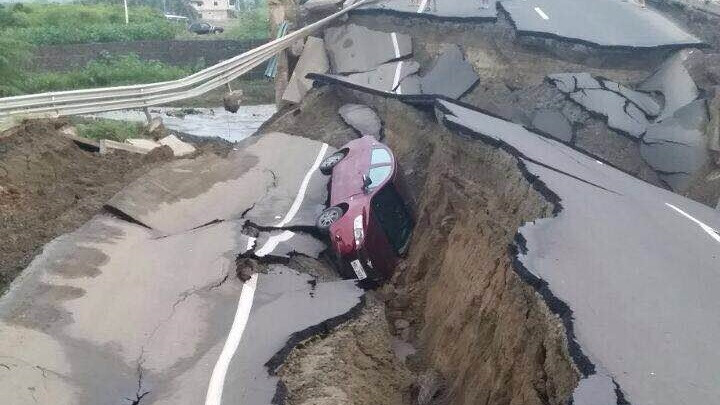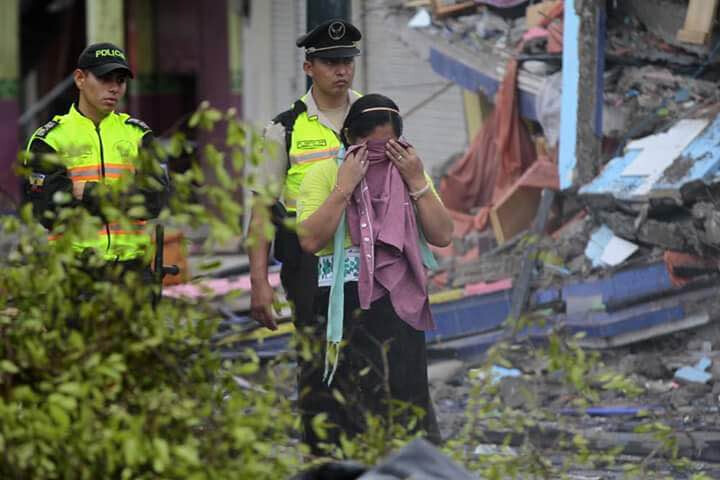Earthquake Rocks Ecuador
Ecuador is in crisis following the most powerful earthquake for a generation. LatAm INVESTOR investigates how international investors can finance Ecuador's recovery...

Ecuador is in crisis, following a huge earthquake, which hit on Saturday. The seismic event, which measured 7.8 on the Richter scale, was 2,000% more powerful than Japan’s recent earthquake and could be felt in neighbouring Colombia and Peru. It is the strongest quake Ecuador has suffered in a generation and is looks likely to be one of its worst-ever tragedies.

The epicentre was near the small town of Pedernales in Manabi, a province in the northwest coast of the Andean country. The official fatality count stands at 272 but officials expect that to rise sharply as more bodies are taken from the rubble. In Pedernales alone the mayor predicts 400 deaths, saying that the town has been “completely flattened”. Major cities in the province, such as Portoviejo and Manta, have also sustained major damage, with hundreds of buildings destroyed and many more fatalities expected to emerge.
So far the government response has largely focused on the worst-hit areas, in an attempt to minimise total fatalities. About 4,600 members of the National Police and 10,400 members of the armed forces have been mobilised. They have been helped by the arrival of specialist rescue teams from across Latin America, from countries such as Chile and Mexico that have their own experience in harrowing earthquakes. Yet the rural nature of the provinces worst-affected by the earthquake means that many isolated villages are still suffering without outside help. The rescue attempts are also being hit by damage to roads and bridges. Public order has also been an issue, with looting breaking out in some areas.
"It is the strongest quake Ecuador has suffered in a generation and is looks likely to be one of its worst-ever tragedies…"
Once the initial rescue stage is over, the attention will turn to rebuilding. The country will require a huge amount of reconstruction yet funding could be a major challenge. As of yet there are no estimates, but based on similar earthquakes in neighbouring countries it is likely to be reach at least $10billion. The low oil price meant that the government was already facing financing problems, before the earthquake hit. As for the private sector, insurance penetration is low, even by regional standards, meaning that many victims will be unable to rebuild any time soon. Meanwhile the high proportion of SMEs in the area means that the destruction will not just take people’s homes but also their livelihoods. Hotels, shops and even shrimp farms have been wiped out by the earthquake, which in turn reduces the ability of locals to pay for repairs.
When the dust settles, and the nation turns from rescuing and grieving to rebuilding, it will need international finance to do so. The damaged areas are productive, with world-class agribusiness and tourist assets. The key will be to find a way to attract international investors to fund the redevelopment.